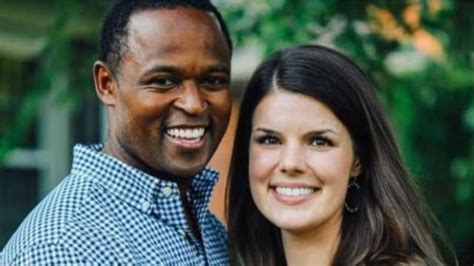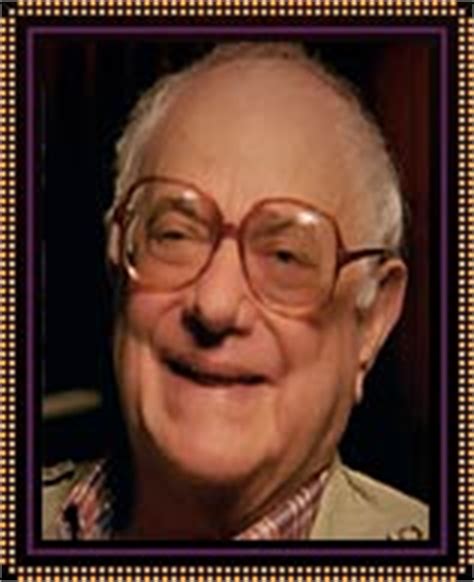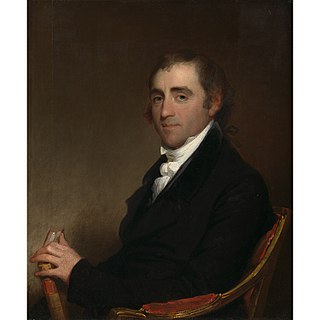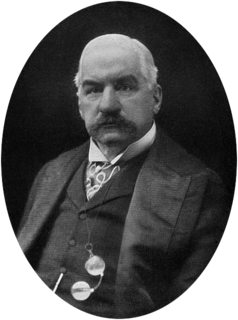A Quote by Edgar Allan Poe
In spite of the air of fablethe public were still not at all disposed to receive it as fable. I thence concluded that the facts of my narrative would prove of such a nature as to carry with them sufficient evidence of their own authenticity.
Related Quotes
Were I disposed to consider the comparative merit of each of them [facts or theories in medical practice], I should derive most of the evils of medicine from supposed facts, and ascribe all the remedies which have been uniformly and extensively useful, to such theories as are true. Facts are combined and rendered useful only by means of theories, and the more disposed men are to reason, the more minute and extensive they become in their observations
The evidence for our New Testament writings is ever so much greater than the evidence for many writings of classical authors, the authenticity of which no one dreams of questioning. And if the New Testament were a collection of secular writings, their authenticity would generally be regarded as beyond all doubt.
Don't talk to me about appealing to the public. I am done with the public, for the present anyway. The public reads the headlines and that is all. The story itself is fair and shows the facts. That would be all right if the public read the facts. But it does not. It reads the headlines and listens to the demagogues and that's the stuff public opinion is made of.
Why would so many risk their reputations, families, careers—even presidential legacies—for something that runs against human nature? Were monogamy an ancient, evolved trait characteristic of our species, as the standard narrative insists, these ubiquitous transgressions would be infrequent and such horrible enforcement unnecessary. No creature needs to be threatened with death to act in accord with its own nature.
Wherefore also these Kinds [elements] occupied different places even before the universe was organised and generated out of them. Before that time, in truth, all these were in a state devoid of reason or measure, but when the work of setting in order this Universe was being undertaken, fire and water and earth and air, although possessing some traces of their known nature, were yet disposed as everything is likely to be in the absence of God; and inasmuch as this was then their natural condition, God began by first marking them out into shapes by means of forms and numbers.
That elections of members to serve as representatives of the people, in assembly, ought to be free; and that all men, having sufficient evidence of permanent common interest with, and attachment to, the community, have the right of suffrage, and cannot be taxed or deprived of their property for public uses, without their own consent, or that of their representives so elected, nor bound by any law to which they have not, in like manner, assembled, for the public good.
When virtue is banished, ambition invades the minds of those who are disposed to receive it, and avarice possesses the whole community. The objects of their desires are changed; what they were fond of before has become indifferent; they were free while under the restraint of laws, but they would fain now be free to act against law.







































